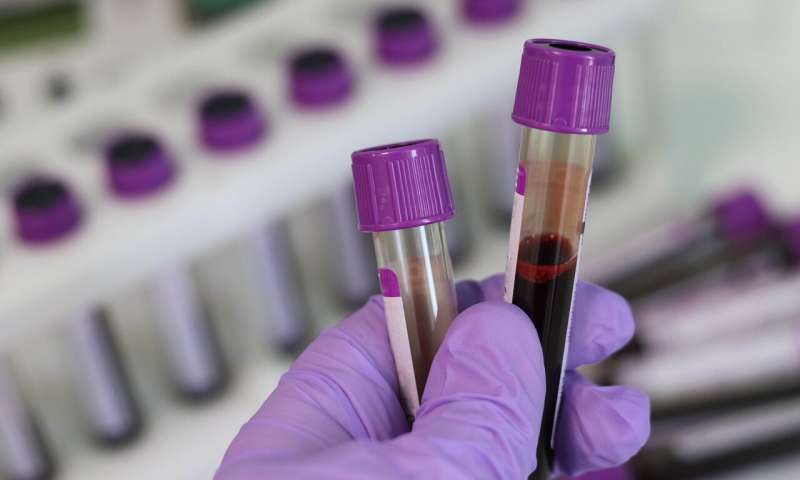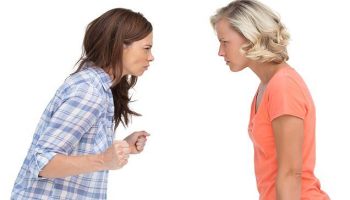More than 53 million people in the United States have an increased risk of osteoporosis-related bone fracture, according to the National Institutes of Health (NIH). Osteoporosis is most likely to affect older people, particularly women who have already been through menopause. Studies show that women are as much as four times more likely than men to experience bone loss. New research on a large cohort of women aged 50 and over has found a surprising link between poor quality social relationships and the presence of bone loss. This finding further emphasizes the importance of relationships — not just to mental and emotional well-being but also to physical health. In the current research, first author Shawna Follis and colleagues have analyzed the health and lifestyle data of 11,020 women aged 50–70 who had enrolled into the Women's Health Initiative (WHI). The researchers followed the participants for 6 years and found that high levels of psychosocial stress had links with lower bone density. This association persisted even after the team adjusted for confounding factors, including age, education levels, body mass index (BMI), smoking status, and alcohol use, among others. Follis and colleagues caution that their findings are only observations, and the associations do not necessarily speak of a cause and effect relationship. Nevertheless, the study authors argue the importance of not ignoring the link between the quality of social relationships and the presence of bone loss. For this reason, they suggest that older women might benefit from having access to better social support networks: "The results support community-building social stress interventions in postmenopausal women to potentially limit bone loss." (Source: www.medicalnewstoday.com)


